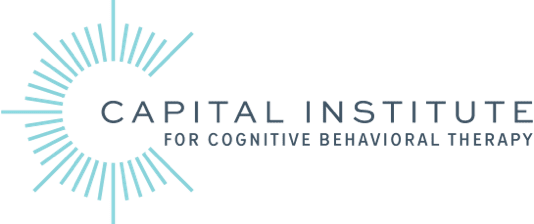The transition to college is a pivotal milestone in one’s life, marked by newfound independence, personal growth, and potential academic challenges. Navigating the academic, social, and emotional demands of college can be stressful, particularly for students with unique learning difficulties or mental health challenges. One of the key benefits of psychological testing in the context of college preparedness is its ability to identify and understand individual learning styles. Through assessments of cognitive abilities, academic skills, and learning preferences, psychologists can provide insight into how students process information, retain knowledge, and approach academic tasks.

Addressing Learning Disabilities and ADHD
For students with learning disabilities or ADHD, the transition to college may present additional challenges. Psychological testing can determine if an individual meets criteria for these conditions and if so, provide strategies to mitigate their impact on academic success.

Navigating Mental Health Challenges
College life can be emotionally taxing, with students potentially facing increased stress, anxiety, and depression. Psychological testing helps identify underlying mental health concerns and informs coping and support strategies (such as communication skills, conflict resolution strategies, assertiveness training, relaxation techniques) to help students in prioritizing their mental health and seeking the support they need to thrive in college.

Facilitating Career Exploration and Development
Beyond academic success, college is a time for personal and professional exploration. Psychological testing can help students gain clarity about their interests, values, and career aspirations, guiding them towards fulfilling career paths. Through assessments of personality traits, vocational interests, and aptitudes, psychologists can provide valuable career counseling and guidance, helping students make informed decisions about their academic major, extracurricular involvement, and career goals.

